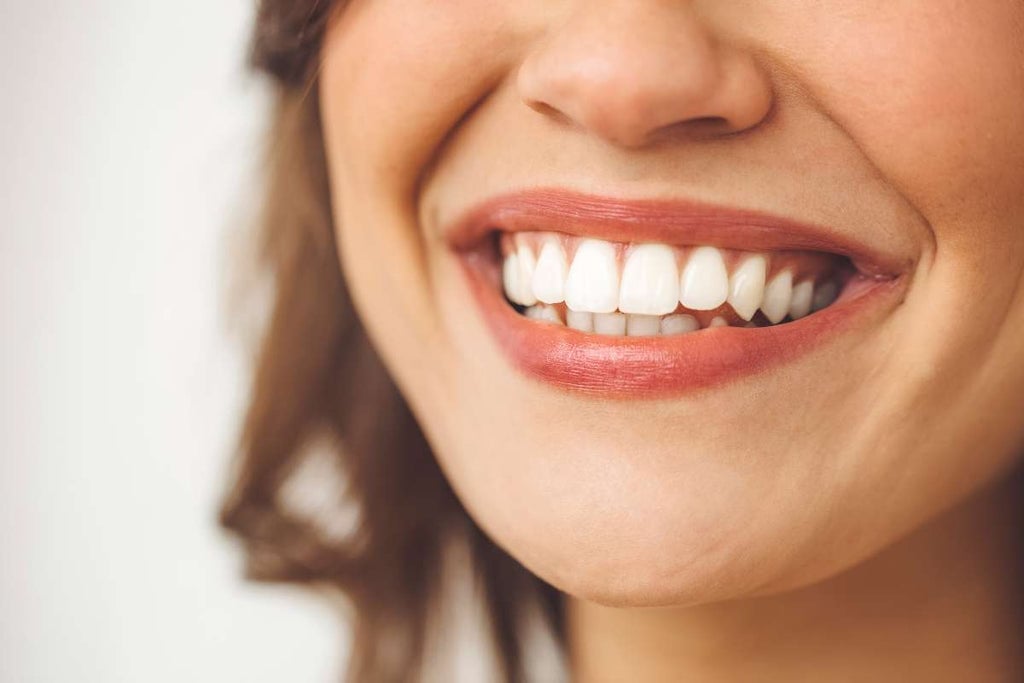One of the first concerns many people have is: are nano teeth whitening products clinically tested? With the rising popularity of nano-based dental care, users want to be assured these products are not only effective but also safe for long-term use. Nano teeth whitening relies on advanced formulations using nano-hydroxyapatite, a mineral that closely mimics the natural structure of tooth enamel. The good news is that many Nano Teeth Whitening products on the market today are backed by clinical studies, offering a reassuring layer of scientific support for their safety and efficacy.
What Does Clinical Testing Involve?
When we say a product is "clinically tested," it means it has undergone systematic research under controlled conditions to evaluate its safety and effectiveness. Clinical trials for dental products typically assess not only whitening results but also the effects on enamel strength, gum health, and potential for sensitivity. Nano teeth whitening products that undergo these tests are evaluated by dental professionals and research teams in real-world and laboratory settings.
Clinical testing may include:
- Double-blind trials comparing nano whitening to conventional products
- Assessment of enamel remineralization using nano-hydroxyapatite
- Monitoring tooth shade improvement over a fixed period
- Analysis of oral microbiome changes after product use
- Evaluation of gum and soft tissue response to the formula
- These trials are often published in peer-reviewed journals, giving professionals and consumers added confidence in the product’s claims.
Evidence Supporting Nano Whitening Ingredients:
The primary ingredient in most nano teeth whitening products is nano-hydroxyapatite (n-HAp), a scientifically recognized material used in dentistry for decades. Initially developed by NASA to help astronauts maintain bone density and oral health in space, nano-hydroxyapatite has since been adapted for daily dental use. Numerous studies have validated its ability to remineralize enamel, reduce sensitivity, and improve overall oral health.
Research has shown that:
- n-HAp rebuilds enamel by filling microscopic cracks and pores
- It is biocompatible and safe for daily oral use
- It provides a mild whitening effect without aggressive bleaching agents
- It can outperform fluoride in reducing dentin hypersensitivity
- This growing body of research makes it clear that nano whitening has a solid foundation in clinical science.
What Clinically Tested Products Mean for Users?
Knowing that nano teeth whitening products are clinically tested offers more than just peace of mind—it ensures that you're using something proven to work under professional supervision. This is especially important in a market flooded with over-the-counter solutions that often make unverified claims. Products that have passed clinical trials typically meet higher standards and are more likely to deliver the promised results.
Benefits for users include:
- Confidence in product safety and formulation quality
- Reduced risk of enamel damage or gum irritation
- Predictable, consistent results when used as directed
- Transparency in marketing claims backed by data
- When choosing a nano teeth whitening product, always look for indications of clinical testing on the packaging or brand website.
Not All Nano Whitening Products Are Created Equal:
While many Nano Teeth Whitening Treatment products are clinically tested, it’s important to note that not all brands adhere to the same level of rigor. The term "nano" has become a buzzword, and some products may use it for marketing without actually incorporating clinically proven ingredients or submitting to third-party testing. It’s up to the consumer to research and choose products that are backed by real science.
To make an informed choice:
- Look for clinical study citations or scientific endorsements
- Check for ISO certification and compliance with dental safety regulations
- Avoid products that promise unrealistic whitening in just one use
- Consult your dentist about trusted, evidence-based options
- By selecting well-tested products, you’ll maximize benefits while minimizing risks.
Final Thoughts: Trust Science Over Hype
So, are nano teeth whitening products clinically tested? Yes—many are, especially those from reputable oral care brands that value science and safety. Clinical testing ensures these products are not only safe but also capable of delivering the whitening, enamel-strengthening, and sensitivity-reducing benefits they promise. In a competitive market full of trendy solutions, choosing clinically backed nano whitening products is a smart move for your smile.
Here's why it matters:
- Validated ingredients like nano-hydroxyapatite ensure true performance
- Science-backed products prioritize oral health along with aesthetics
- You can enjoy daily use with confidence and no harsh side effects
- Proven effectiveness means fewer disappointments and better results
- Ultimately, when it comes to your teeth, trusting science over marketing hype leads to brighter, healthier, and longer-lasting results.

